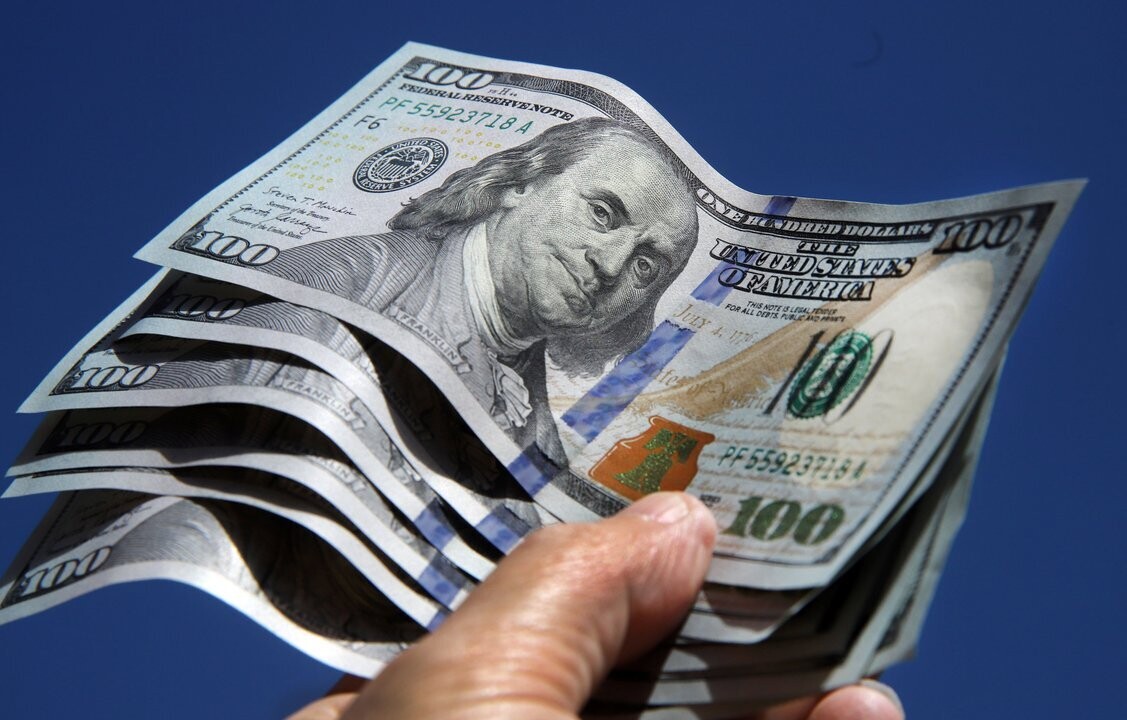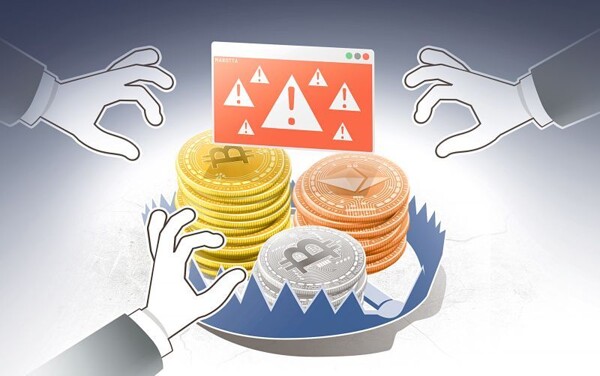
A report from an international bank projects a new devaluation alongside the lifting of currency controls, which has caused an increase in future dollar quotes. There is some uncertainty in the market regarding whether the Central Bank will maintain the "crawling peg" at 1% monthly until the end of the year, as future dollar contracts show an expectation of devaluation 10% higher than promised by the economic team.
The Government, despite warnings from economists and the International Monetary Fund about the negative effects of currency delays due to the lack of foreign exchange, is trying to assuage devaluation expectations. Even President Javier Milei has forecast that the peso will appreciate in the coming months due to greater demand from the population.
At Matba-Rofex, the main venue for future dollar operations, investors are seeking to hedge against a possible rate of devaluation somewhat higher in the short term, anticipating that this will accelerate after the elections. December contracts have risen by 0.66%, reaching $1,298.50, following a report from Bank of America suggesting that the dollar could reach $1,400 by the end of the year.
It is expected that to unlock new debt, the IMF is pressuring the Government for a faster rate of devaluation, which is reflected in future contracts projecting an average implicit devaluation of 1.7% monthly between March and September and 2.5% between October and December. This trend indicates that even before the elections, those seeking currency coverage anticipate a rate of devaluation higher than established by financial authorities.
The projected devaluation until the end of the year based on future dollar contracts is 9.8% higher than what would occur if the 1% monthly rate were maintained until December 31. Furthermore, negotiations with the IMF for a program that includes new indebtedness aimed at strengthening reserves (currently negative by about USD 6 billion) could extend beyond expectations, according to city forecasts.
Another aspect concerning market operators is the considerable use of foreign currencies by the Central Bank to control the quotes of financial dollars, aiming to prevent the exchange gap with the official quote from exceeding 15%.














